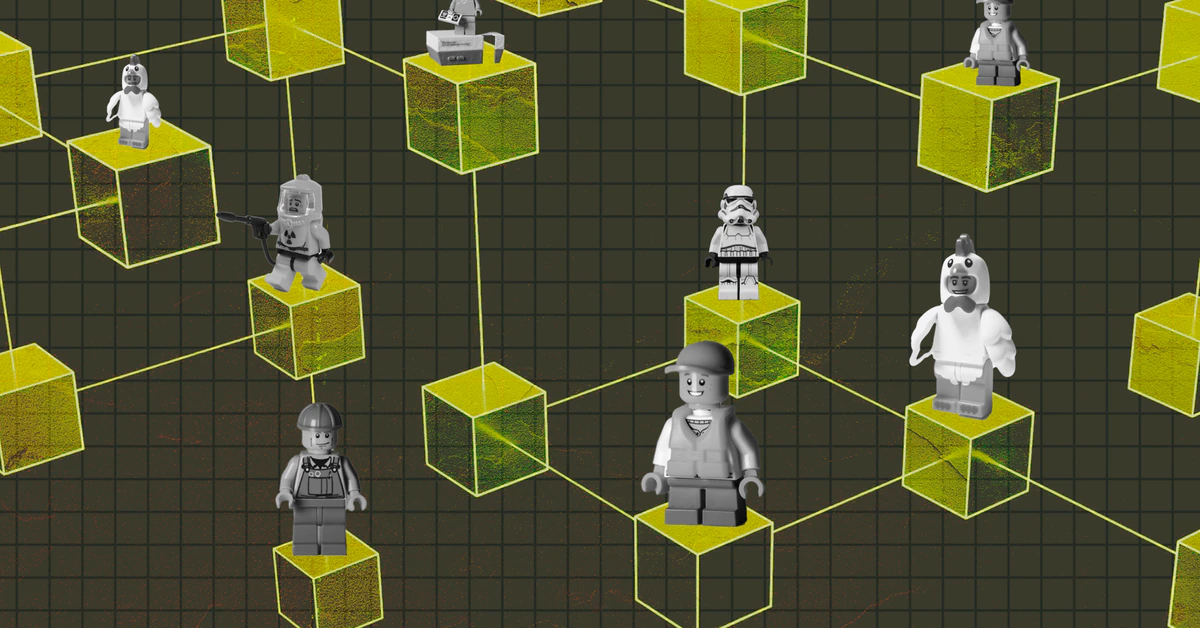In a DAO, the tragedy of the commons plays out in less intuitive ways, when leaders don’t share context for those that come after them, or when time gets eaten up by bikeshedding. But through shared principles, agreements, and creative constraints, DAOs can become fundamentally generative and set the initial conditions for sprawling, open environments. Unlike in traditional corporate structures these kinds of mycelial networks form without bureaucracy, leaving contributors open to reclaim their agency and self-organize. Notably, no DAO is perfect, and as in any organization documentation is critical. Investor Linda Xie, one of our most active stewards, has done a great job of outlining some of the evolving processes we’ve been thinking about.
DAOs Are the New Way of Impact Work



